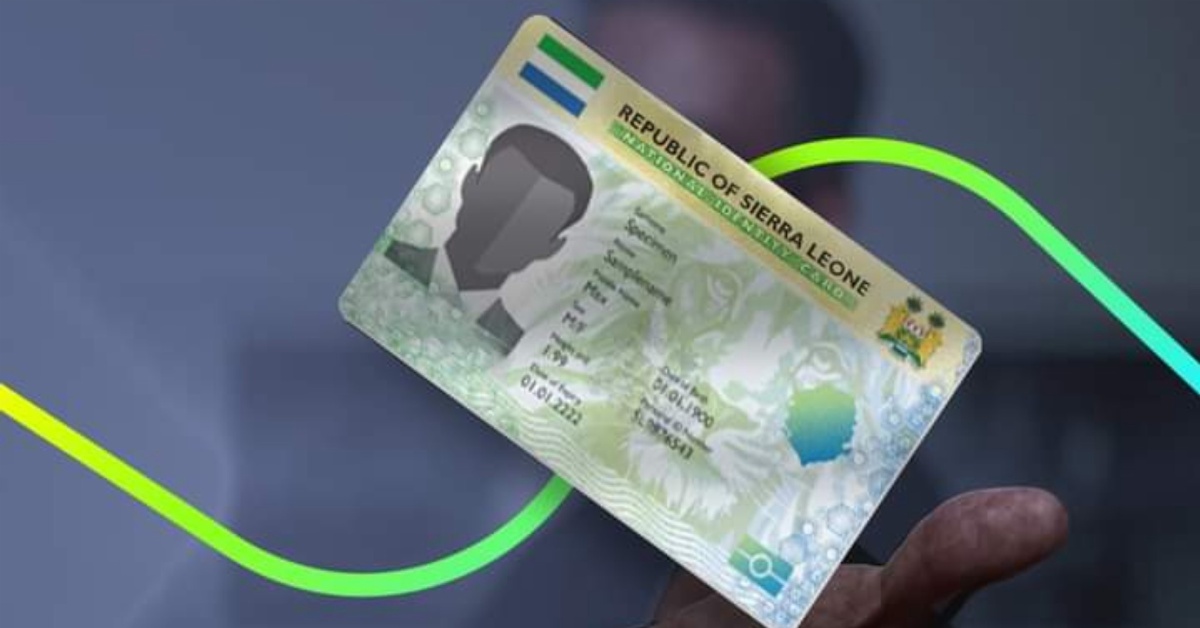Citizens in the southern region of Sierra Leone have voiced strong concerns over the National Civil Registration Authority’s (NCRA) insufficient public awareness efforts regarding the upcoming deadline for obtaining national identification cards.
speaking to this medium, Civil Society Activist Abdulai J. Sillah expressed dismay at NCRA’s perceived lack of public sensitization about this critical national exercise.
“The NCRA is not doing justice for the people of this country. They are doing little to no sensitization about their activities, which are of national importance,” Sillah lamented.
He pointed out that many citizens remain unaware of the impending deadline after which the government may take unspecified actions against those who have failed to acquire the national ID cards. “The people need to be fully informed about this process – how much it costs (145 leones), and how long it takes to actually receive the cards,” he said.
The civil society leader also raised concerns about the persistent delays in issuing birth certificates, another essential civil registration service provided by NCRA. “The delays in obtaining birth certificates are unacceptable, and attaching fees to this process is an additional burden that needs to be addressed by the authorities,” Sillah stated.
Sillah called on NCRA’s management to ensure fair and comprehensive information dissemination across the country, noting that the agency’s decentralization efforts have fallen short when it comes to public sensitization.
The concerns expressed by citizens underscore the importance of robust public awareness campaigns by government institutions like NCRA. Effective communication and transparency are crucial for ensuring that all Sierra Leoneans can participate in and benefit from critical national programs such as the issuance of national ID cards and birth certificates.
As the deadline for the national ID card intake looms, the NCRA faces mounting pressure to step up its efforts to inform and engage the public it serves. Failure to do so risks excluding large segments of the population from this important civic exercise.












Deadline for national ID card wow , why deadline??
After doing this process for what time/date you should receive your ID card? Am asking because I have done my process since last month may and now it’s June uptill now I never received their message they promised me to receive this ID card. What is the problem??
What is the deadline given by ECSL?